
Red Hat Enterprise Linux (RHEL) 7.4 Beta is here
There is a common misconception that companies can't make money from open source solutions, such as Linux. While a company like Canonical -- maker of Ubuntu -- is in a state of confusion, Red Hat continues to see success in the enterprise. The company is quite profitable with is popular Red Hat Enterprise Linux (RHEL) operating system, serving as a great example for the open source community.
Today, Red Hat announces that RHEL 7.4 has achieved Beta status. The pre-release version of the distribution is available immediately, and administrators can begin testing now. The company promises many security additions including Network Bound Disk Encryption and OpenSSL HTTP/2.0 enhancements.
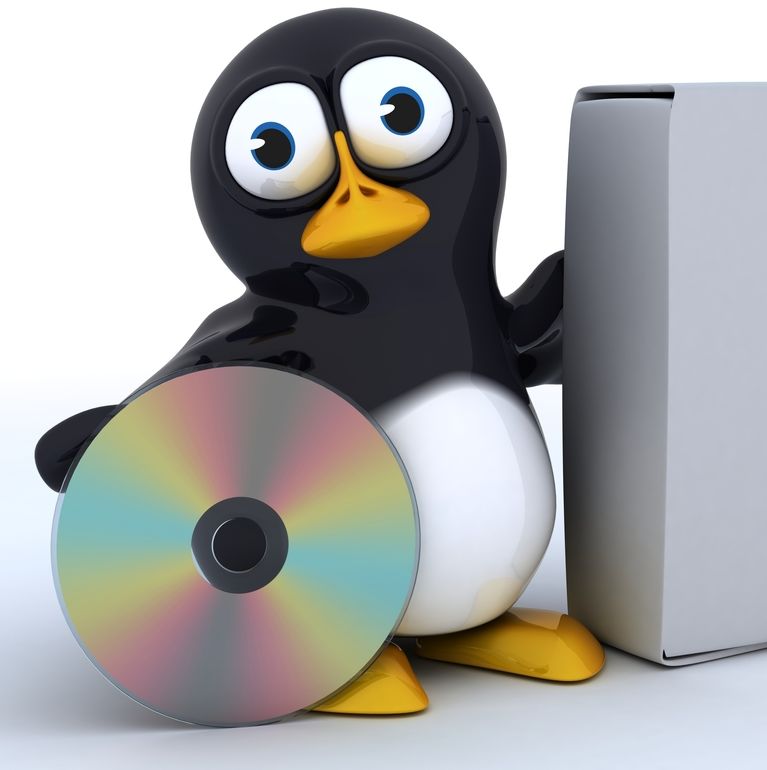
Privacy-focused Debian 9 'Stretch' Linux-based operating system Tails 3.0 reaches RC status
If you want to keep the government and other people out of your business when surfing the web, Tails is an excellent choice. The Linux-based operating system exists solely for privacy purposes. It is designed to run from read-only media such as a DVD, so that there are limited possibilities of leaving a trail. Of course, even though it isn't ideal, you can run it from a USB flash drive too, as optical drives have largely fallen out of favor with consumers.
Today, Tails achieves an important milestone. Version 3.0 reaches RC status -- meaning the first release candidate (RC1). In other words, it may soon be ready for a stable release -- if testing confirms as much. If you want to test it and provide feedback, you can download the ISO now.

Microsoft blocking Linux on Windows 10 S
When the education-focused Windows 10 S was announced, many people were dubious that it could be a success. Limiting the operating system to apps from the Windows Store seems like a recipe for disaster. That opinion is understandable, as we have sort of been down this road before with Windows RT -- which failed. The concept can confuse users.
I was sort of hopeful for Windows 10 S when Microsoft made a shocking announcement at Build 2017 that it is bringing Linux distributions to the Windows Store. This gave the impression that students using the S variant of the OS would be able to tinker with Linux. Unfortunately, this is not the case as Microsoft will be blocking Linux on the new OS. In other words, not all apps in the store will be available for Windows 10 S.
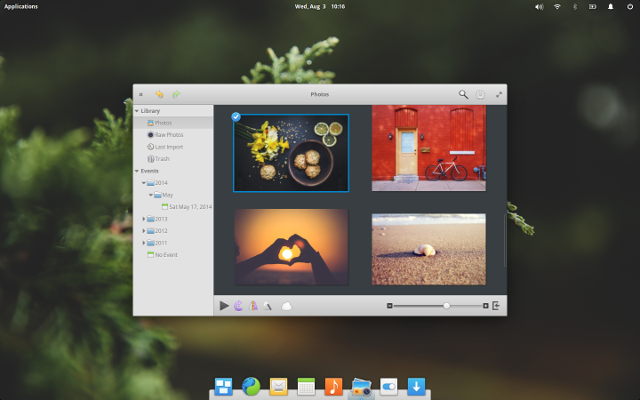
elementary OS Loki 0.4.1 Linux distro now available for download
Despite the death of Unity, there is still no shortage of desktop environments for Ubuntu. In fact, there are some Linux-based operating systems that exist mostly to provide an arguably better environment and experience. Two good examples of this are Linux Mint and elementary OS. While these distros are more than just Ubuntu with an alternative DE, the UI is largely the star of the show. While Mint caters to folks that have trouble moving beyond the interfaces of yesteryear, elementary instead focuses on a forward-looking experience.
Today, elementary OS Loki -- the latest version of the operating system -- reaches a new milestone. Release 0.4.1 adds many new features, including an updated 4.8 kernel, improved Kaby Lake support, and most importantly, the all-new crowd-funded AppCenter!

GNOME Recipes for Linux comes to Apple macOS
GNOME is not just a desktop environment, but a collection of apps too. Some are useful, while others... not so much. Case in point, GNOME has a new program called "Recipes." It is quite literally a searchable database of cooking recipes. While there is nothing really wrong with creating such an app, it sort of duplicates the functionality of a search engine, like Google or Bing. If resources were unlimited, I'd say more power to the developers. The open source project largely relies on donations, however, and it could be argued that Recipes is a bit unnecessary.
There is one particularly interesting aspect of Recipes -- it is available for macOS. You see, the developers have successfully ported the app to Apple's desktop operating system. While I'm dubious that Mac users will actually want the app, it is still rather cool.
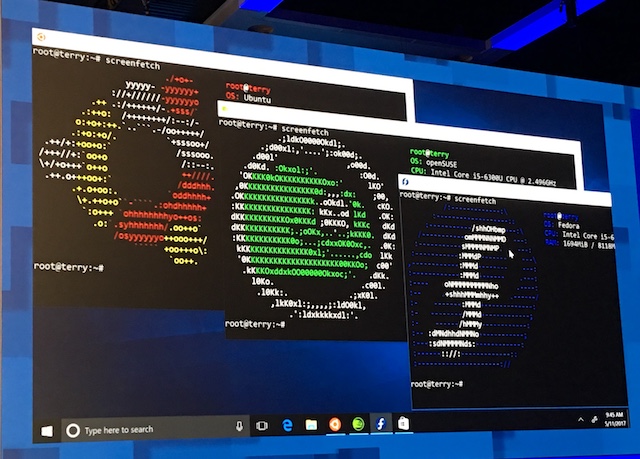
Build 2017: Ubuntu, Fedora, and SUSE Linux distributions coming to the Windows Store
When Microsoft brought Ubuntu to Windows 10, it was monumental. No, Microsoft wasn't abandoning its own operating system for Linux, but the company was showing developers that it was open-minded towards such things.
Today, Microsoft is taking its embrace of Linux a step further. With Windows 10 Fall Creators Update, the company is delivering versions of three popular Linux distributions to its Windows Store. Yes, folks, Linux on Microsoft's app store -- shocking! For now, it will be limited to Fedora, Ubuntu, and SUSE.
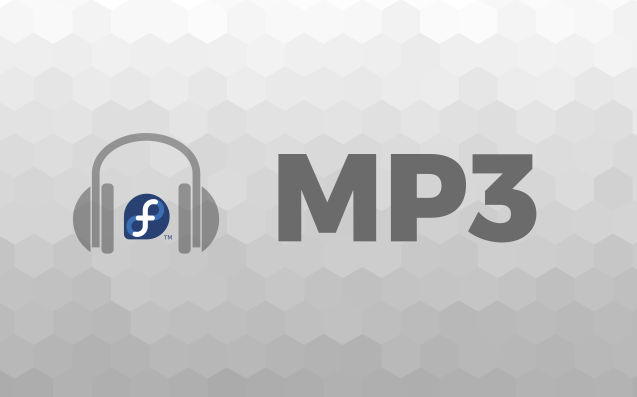
Fedora Linux getting native MP3 support, but who really cares?
Fedora is a wonderful Linux distribution, as it is both stable and modern. One of the biggest selling points of the operating system is that is relies on truly free open source software. This means it won't have patented or closed-source non-free packages by default. Of course, in-the-know Fedora users often added these needed packages after the fact by using third-party repositories, such as RPM Fusion.
Over the years, one of the biggest pain points for Fedora was a lack of MP3 playback due to its FOSS focus. For someone switching from Windows or Mac, it could be very surprising and upsetting that they couldn't do something as simple as play a song, or rip/convert a CD to MP3. This will soon become a thing of the past, as both MP3 decoding and encoding are coming to the operating system by default. Unfortunately, this is a case of "too little too late," as the concept of storing music locally is becoming obsolete.
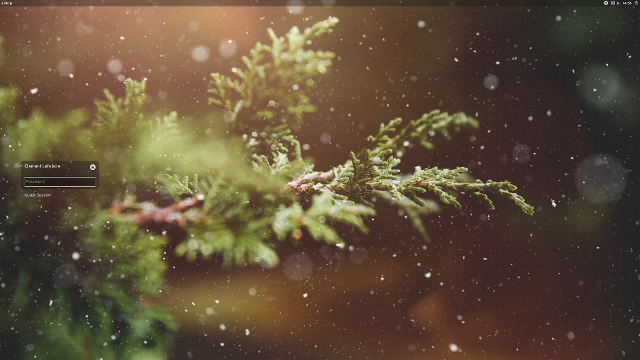
Linux Mint 18.2 Ubuntu-based operating system is named 'Sonya'
Linux Mint is a very popular operating system -- for Linux, anyway. It is based on Ubuntu, but it ditches one of the most maligned aspects of its base OS -- the Unity desktop environment. Instead, it primarily offers the Cinnamon DE, which is reminiscent of Microsoft's Windows 7. Mint's popularity and relevance is in question lately, however, as Ubuntu itself has decided to stop using Unity too. It remains to be seen if GNOME 3 being the default DE for future Ubuntu releases will decrease the number of folks switching to Mint.
The uncertainty about Ubuntu has not deterred the Linux Mint team, however, as they are moving ahead with plans for version 18.2. While details about the upcoming version of the operating system are scarce, we have learned two important details. First, the code name for the OS will be "Sonya," and second, the distro will use LightDM as default display manager.
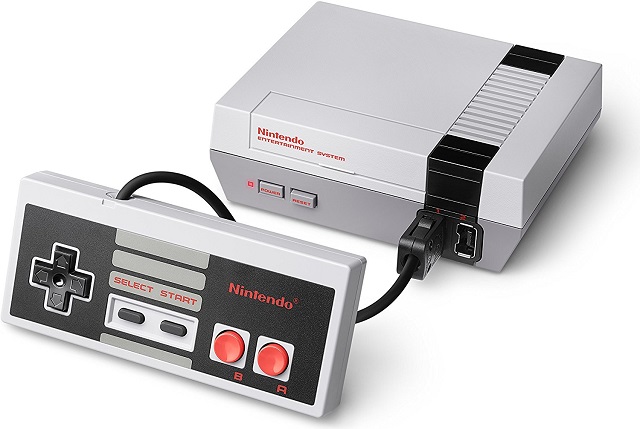
Make your own NES Classic Edition with Lakka 2.0 LibreELEC Linux distro and Raspberry Pi
The NES Classic Edition is a very fun nostalgia-based gaming console. As someone who grew up with Nintendo, I knew I wanted the mini system as soon as it was announced. A family member was able to score me one on launch day, and I've been very happy with it. Unfortunately, other people have not been so lucky. Supply was very limited and it has since been discontinued. If you do not already have it, you are sort of out of luck without paying high prices on eBay or Craigslist.
If you are only looking to replay the NES games of your youth, and you are OK with doing it in an unofficial way, emulation is another route. In fact, if you'd rather not play these games on your PC, you can instead use a Linux-based operating system and a Raspberry Pi (or other devices) hooked to a television. One such distro is Lakka, which just reached version 2.0. It is arguably better than an NES Classic Edition as it can also play games from other systems, such as SNES, Sega Genesis, Nintendo 64, PlayStation 1, and many more.
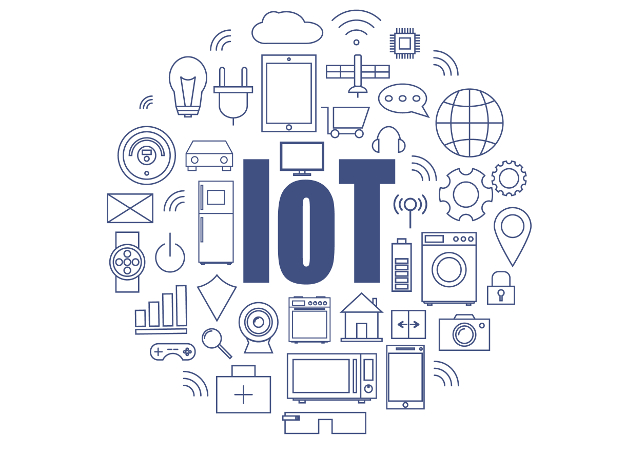
The Linux Foundation launches IoT-focused open source EdgeX Foundry, Ubuntu-maker Canonical joins
The Internet of Things is gaining in popularity just as many pundits have predicted for years. Having a connected home is easy and cost effective, thanks to devices like Amazon Echo, WeMo lights, and Nest thermostats. It really is an exciting time to be a tech-enthusiast consumer.
Unfortunately, while IoT is exciting, it can also be confusing and scary. Many devices do not work together due to fragmentation, and even worse, there can be security exploits that put the consumer's home network at risk. In other words, an internet connected refrigerator or webcam could be abused by hackers. Today, The Linux Foundation launches the open source EdgeX Foundry -- an attempt to unify and simplify the Internet of Things.
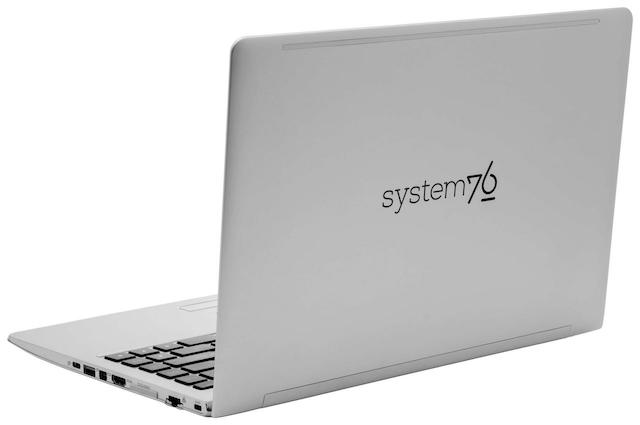
System76 wants to build its own hardware for its Linux-based computers
System76 is building up quite a name for itself, being one of a very limited number of companies selling only computers running Linux-based operating systems. Now the aim is to branch out; System76 wants to design and build its own hardware, while representing the open source community as it does so.
At the moment, the hardware used in System76 systems is outsourced, but in the future this will change. The company says that it is moving into phase three of its development cycle, and this "moves product design and manufacturing in house." And you should set your expectations high: "We're about to build the Model S of computers. Something so brilliant and beautiful that reviewers will have to add an 11 to their scores."

Mozilla Firefox web browser may no longer be supported on your Linux computer
Firefox is a wonderful open source web browser. As a result, it comes pre-loaded on many Linux-based operating systems, such as Ubuntu and Fedora. Yeah, some people choose to install Chromium or Chrome instead, but Mozilla's offering remains a staple in the Linux community.
Unfortunately, it has been revealed that the Firefox web browser will no longer be compatible with some computers running a Linux-based operating system. You see, Mozilla has dropped support for certain Intel and AMD processors.
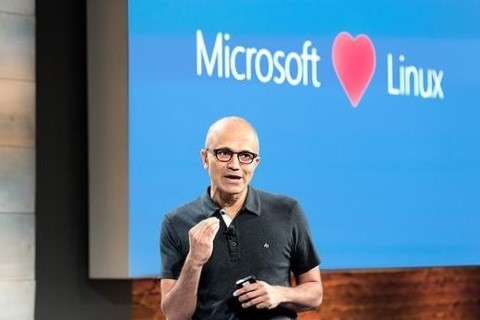
How to upgrade Bash/Windows Subsystem for Linux in Windows 10 Creators Update
You can't help but have noticed that Microsoft has started the rollout of Windows 10 Creators Update. After testing with Windows Insiders, the third big update to Windows 10 is finally making its way to the masses. But while Creators Update brings some pretty major changes to Windows 10, Windows Subsystem for Linux is not automatically updated.
The arrival of Bash/Windows Subsystem for Linux (WSL) in Windows 10 Anniversary Update meant Ubuntu 14.04 support, but you can now manually update to gain Ubuntu 16.04 support in Creators Update. Microsoft says you need to perform one of two manual update methods: the recommended option of "Remove & Replace", or "Upgrade In-Place." Here's how to perform the update.

Ubuntu Linux 17.04 'Zesty Zapus' is here
Today is finally the day. Ubuntu 17.04 "Zesty Zapus" is available for download. No, this is not an Alpha or Beta, but an official stable version of the Linux-based operating system. Unfortunately, the release is a bit tainted -- it uses Unity as the official desktop environment, which Canonical has announced will be killed. Not to mention, there has been some controversy regarding some comments by Ubuntu founder Mark Shuttleworth. Just yesterday, the CEO of Canonical announced she is leaving the position.
With all of the aforementioned controversy and chaos, it is understandably hard to get too excited for "Zesty Zapus," especially as this is not a long term support version. With that said, if you are an existing Ubuntu user that likes Unity, this is certainly a worthwhile upgrade if you are OK with the shorter support. Unity may no longer have a future, but version 7 will continue to be supported -- for a while, at least.

Ubuntu Linux uncertainty continues as Canonical CEO walks away
Ubuntu is in a very weird and uncertain place right now. If you have been following the Linux distribution lately, you would know that Canonical dropped some bombshell news that it was killing the Unity desktop environment, along with its tablet, phone, and convergence plans. This was shocking, as the company sunk a lot of resources into these things, and now it looks like all that time and money was wasted.
Then, Ubuntu founder Mark Shuttleworth insulted the free software community, going so far as to compare the hatred towards Mir to the gun control debate. Now today, following rumors and speculation, Canonical CEO Jane Silber announces she will be stepping down and walking away from the position -- ultimately handing the reigns to Shuttleworth. She will remain on the company's board of directors, however.
